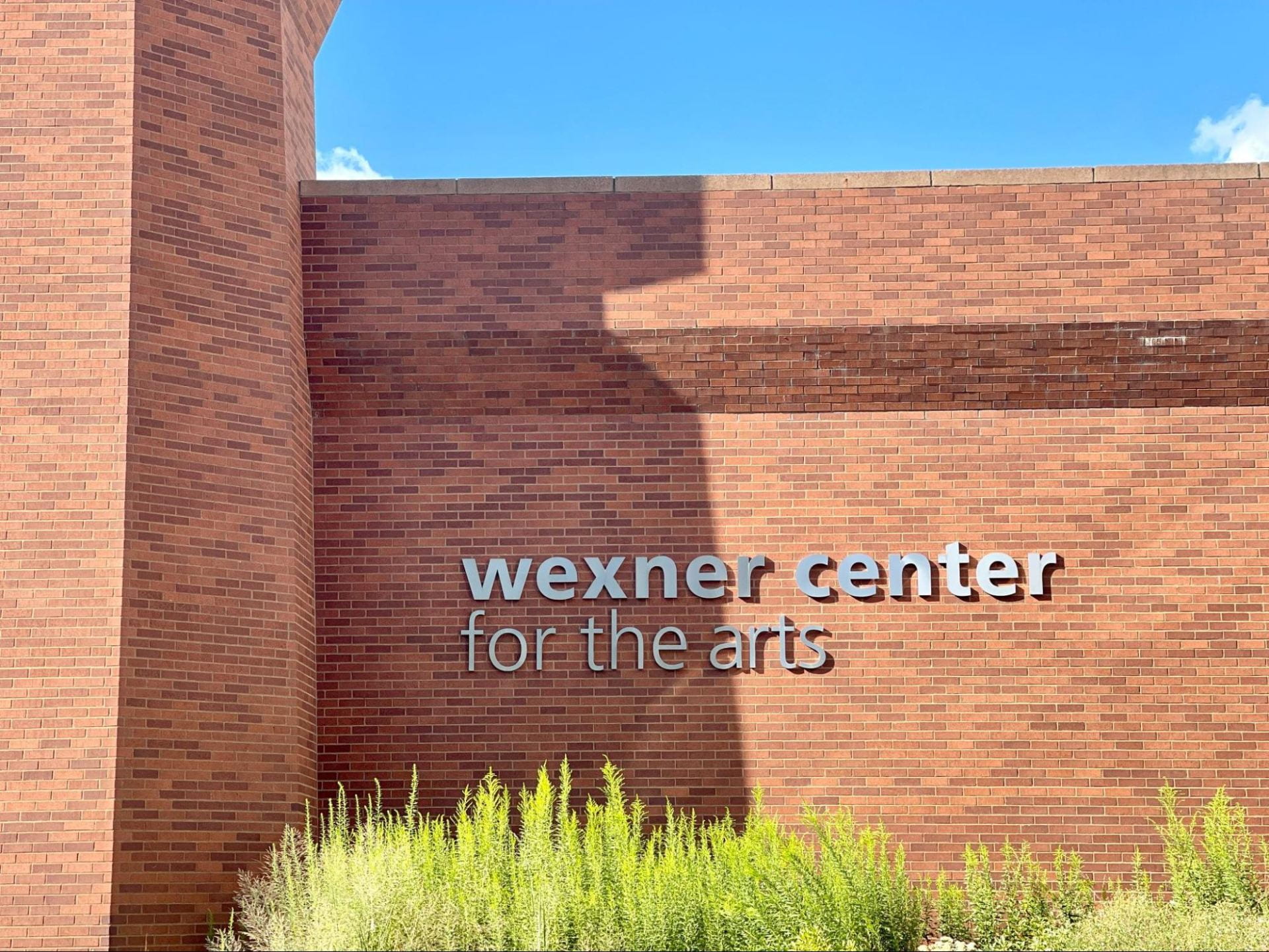
Margaret Middleton will give a lecture at the Wexner Center for the Arts Thursday. Credit: Wendy Wang
Margaret Middleton, an international museum consultant and exhibit designer based in Belfast, Ireland, will visit the Wexner Center for the Arts Thursday.
Every year, the center partners with Ohio State’s Department of Arts Administration, Education and Policy to offer a free public lecture, according to the center’s website. Middleton is slated to deliver Thursday’s talk, which is themed around a concept called “reparative interpretation,” Middleton said.
Middleton said reparative interpretation is essentially a set of strategies that can help museums become more inclusive.
“This is directly related to my work in queer possibility in museums, an interpretive strategy that values queer experience as expertise and approaches interpreting queer lives of the past from a place of positivity and abundance,” Middleton said.
As a feminist and queer activist, Middleton said they want to make people from minority backgrounds and people who have not always had a voice feel comfortable, welcomed and wanted in museums.
“I am working toward a future where museum workers are treated fairly, stolen objects are repatriated and the visitor experiences of historically marginalized people are prioritized,” Middleton said.
Middleton said attendees can also learn about how museums can use innovative, interpretive practice to discuss significant topics like colonialism, racism, sexism and homophobia.
Dana Carlisle Kletchka, an associate professor of art museum education and graduate studies chair in Ohio State’s Department of Arts Administration, Education and Policy, said she is interested to hear Middleton’s perspective on creating museum spaces for diverse families to feel welcome.
“I have always been really interested in the way that Margaret focuses on experiences and enters the voices of LGBTQ+ folks in museums,” Kletchka said. “[They are] going to talk about the intersection of exhibition design and social justice.”
Ultimately, Kletchka said minority groups, specifically the queer community, deserve better representation in museum settings.
“They should see themselves represented in the exhibitions or in the education work that they are doing at a museum,” Kletchka said.
Emily Haidet, the Wexner Center’s community, public and academic programs manager, said it is exciting to bring Middleton in for a lecture that focuses on inclusion strategies and equity in museum spaces.
“I am looking forward to the Q&A portion where I can actually hear what the audience is thinking and how they might respond to the work that was presented by Middleton,” Haidet said.
Kletchka said she encourages Ohio State students to attend Middleton’s lecture because it redefines what museum experiences can be in the modern landscape.
“Anyone who is interested in museums, queer studies or considering working in a museum in the future should not miss this opportunity,” Kletchka said. “We are so delighted to have Middleton, who is thinking about the future in ways that connect people and demonstrate care in our work.”
The lecture will be given at the Wexner Center’s Film/Video Theater at 4 p.m., Thursday, and it is free for all audiences with tickets. More information about the lecture is available on the Wex’s website.


